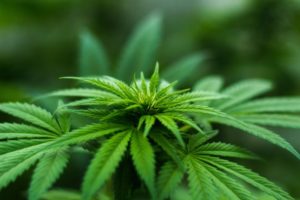
The state of New Jersey holds very strict laws regarding drugs. Drug crime convictions can result in significant penalties that can impact the offender for the rest of their life. The criminal justice system can be confusing and overwhelming, which is why those facing these situations should retain the services of an experienced New Jersey criminal defense attorney during this critical moment in their life.
Federal Drug Scheduling
There are several factors that go into determining the type of drug charge a person receives. This includes the substance. In accordance with Federal Drug Scheduling, the New Jersey Drug Controlled Dangerous Substance Act categorizes drugs based on its degree of danger posed by their abuse. The schedule is as follows:
- Schedule I: Drugs with a high potential for abuse with either no accepted medical use or lacks safe use under medical supervision. This can include certain opiates and heroin. While marijuana is a Schedule I drug, it has different rules. Medical marijuana legislation was passed in 2010, but recreational use is still illegal.
- Schedule II: Drugs with a high potential for abuse, but some accepted medical uses with restrictions. This can include certain opiates and drugs produced with coca leaves or extractions not containing cocaine.
- Schedules III through V: Drugs with a lesser potential for abuse than Schedule I and II drugs. However, users can have a degree of physical or psychological dependence. Schedule III can include amphetamines and Schedule V drugs can include a limited quantity of narcotic drugs, such as codeine combined with non-narcotic substances.
Types of Drug Offenses in New Jersey
Common types of drug charges and their consequences are as follows:
- Possession: These charges can vary depending on the amount of the drug. Smaller amounts can result in charges based on personal use, while larger quantities can result in being charged with the intent to distribute. Simple possession penalties can include fines and jail time up to five years. Larger possession penalties can also include fines, but up to 10 years in jail.
- Distribution: When a person gives a controlled substance to another party, the penalties are dependent upon the weight of the drugs as well as the location of the crime. This can include up to 20 years in jail for the most severe charges.
- Trafficking: When drugs are brought to New Jersey from another state, it is the most severe drug crime. Penalties for this crime can include life imprisonment without parole until 25 years is served.
Contact our Firm
Our firm understands how serious criminal and personal injury cases are. We are prepared to guide you towards a favorable outcome because we believe false accusations or preventable injuries should never cause a person harm. This is why those who require experienced legal counsel in New Jersey should do themselves a favor and contact The Law Office of Andrew S. Maze today for any criminal and personal injury matters.